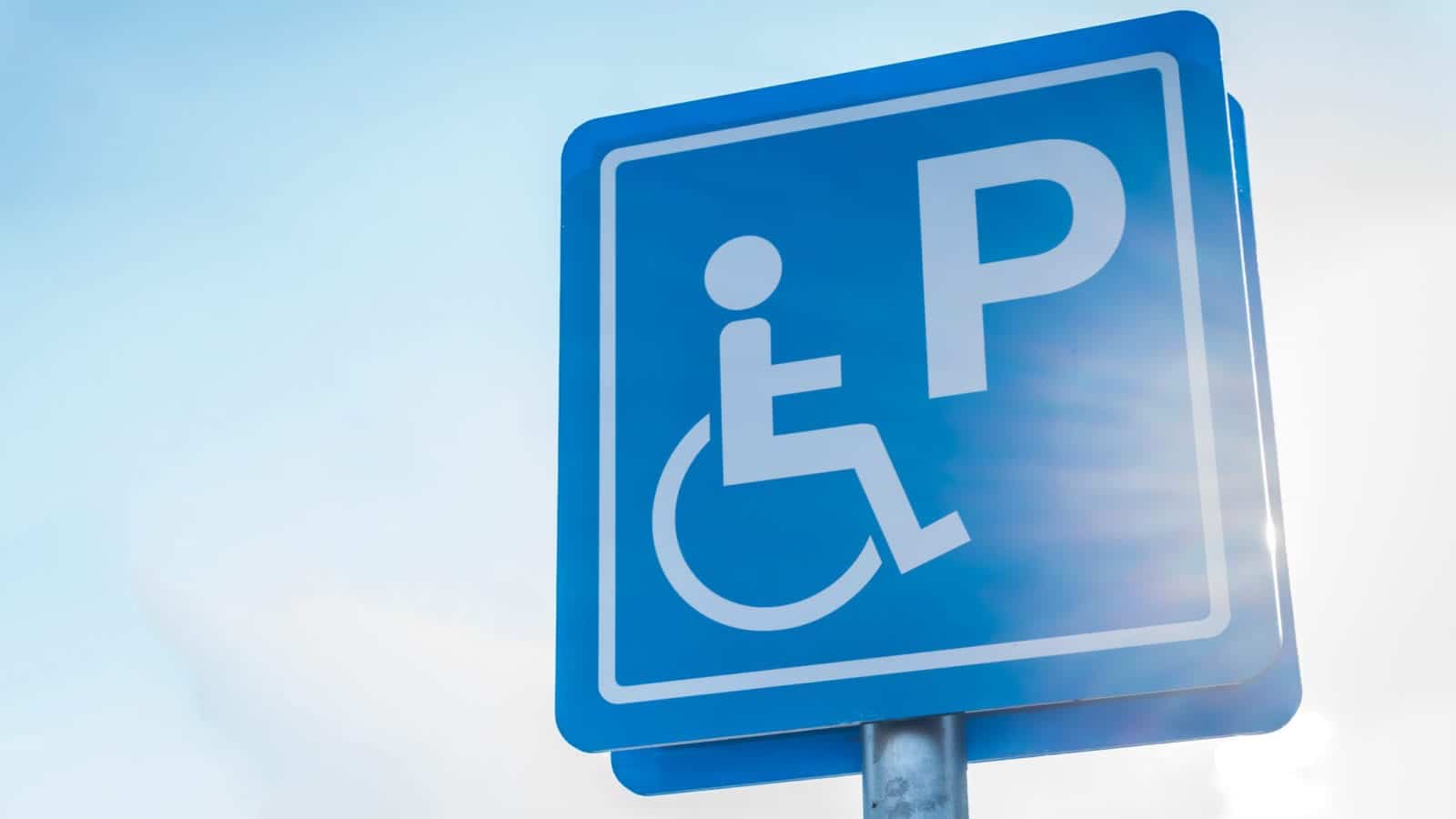
Those applying for social security disability (SSDI) or supplemental security income (SSI) based on disability often have to wait many weeks or months between the time they apply and the time they receive their first check. Since applicants’ disabilities prevent them from earning normal income, they often badly need the money they miss out on during this time gap.
Recognizing this, the Social Security Administration (SSA) implemented a process where applicants can recover back pay. Both SSDI and SSI applicants can obtain the full duration of back payments that lapse between the time they apply and the time they receive their first check, without limit. SSDI applicants can obtain up to 12 months worth of retroactive pay under certain circumstances.
Read on to learn more about how the SSA or a social security lawyer might approach calculating the total owed back pay.
SSDI Five Month Waiting Period
To help explain how back pay and retroactive benefits work, it first helps to understand that the SSA has a five-month waiting or exemption period for all SSDI applicants (but not SSI ones). This waiting period begins at the established onset date described below. An applicant is not eligible for payments that would normally cover this exemption period.
Established Onset Date of Disability
Once a person files for SSDI, the SSA will examine their provided documentation to determine an established onset date (EOD) for their disability. This EOD is determined by looking at the applicant’s medical history, their date last worked, and many other pieces of evidence available.
SSDI Retroactive Benefits
SSDI applicants can receive retroactive benefits that cover the period in between the EOD and the time the person notifies the SSA of their intent to file, not counting the five month exemption period.
An applicant for SSDI is eligible for up to 12 months of retroactive benefits. Because of the exemption period, the only way someone could obtain this maximum amount is if they had an EOD 17 months before their application.
Full Month Rule
The SSA does not calculate partial months for benefits. Instead, they skip over any incomplete months until they reach the next first of the month. This rule encompasses both the five month waiting period after the EOD and any potential back payment benefits.
If the date of application or the EOD in question happens to be on the first of the month, then that month counts as part of the total. But if the EOD or date of application is on the second of the month, then the applicant misses out on the full month’s potential benefits coverage.
SSDI and SSI Back Payments
Both SSDI and SSI applicants are eligible for back payments going back to the date of application or the date of first notification of intent to file, known as the “protective filing date.” Since applications often take many months to process, the back pay can be substantial.
For example, if Jane Doe applies for SSDI on March 8, 2015 and does not receive her approval until May 22, 2017, then she would receive her first check for June 1, 2017. However, the period of full months in between still counts as eligible back pay, so Ms. Doe will also receive 13 months of back pay to cover the period from April 2015 to May 2017.
Calculating Your Total Back Pay Owed With a Disability Lawyer
As you can see, the calculations and rules used to determine back pay are quite complex. Additionally, applicants often get rejected or have their requested dates like EOD overruled, necessitating an appeal. To get assistance, these individuals must often turn to a personal injury lawyer experienced in administrative law. Contact us today to schedule a free consultation and learn more about how our attorneys can help you with your disability claim.






